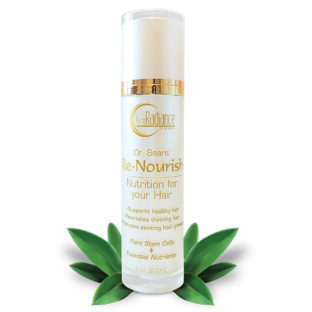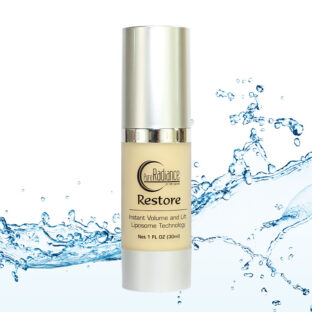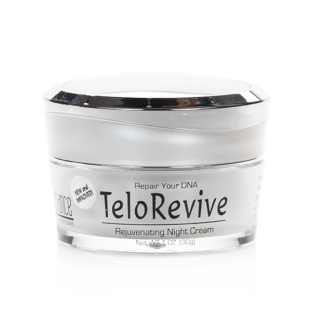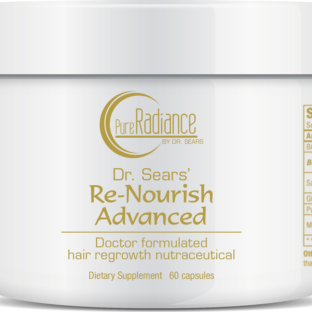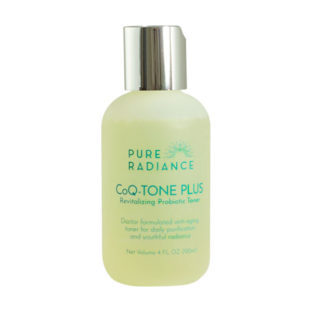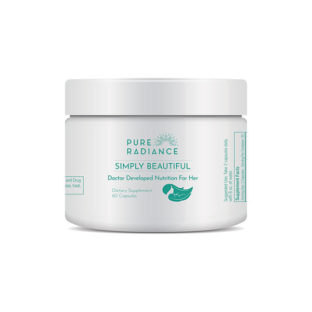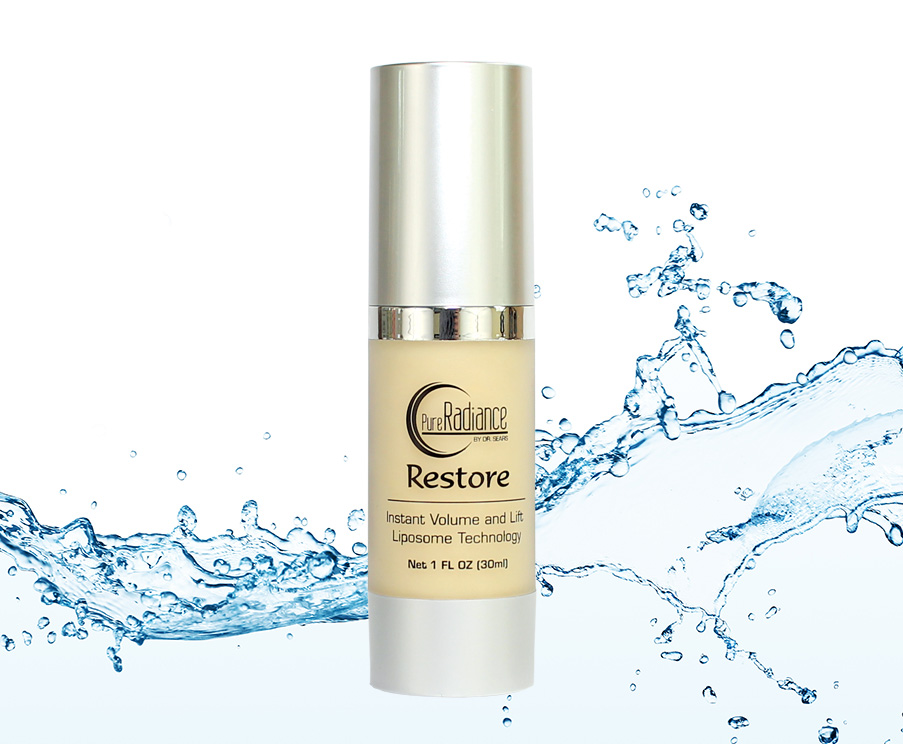Cardiologists have let you down badly.
Most of them can’t even recognize the heart disease symptoms that are specific to women.
That’s bad news, because heart disease kills one of every four women in the U.S. — and all those heart drugs and standard surgeries are not effective, especially for women.
Today, I’m going to show you why cardiologists tend to overlook heart disease symptoms unique to women, and three of the most critical natural solutions you can use right away to prevent — and even treat — heart disease.
Women Don’t Show the Expected Symptoms of Heart Disease
Women with heart disease often discover too late that the treatments given to men — such as bypass surgery and angioplasty to reopen clogged arteries — don’t work with them.1
That’s because women are different physiologically — right down to the walls of your arteries, which are smaller. Doctors often miss heart disease in women. In fact, more than 65% of women who suffer heart attacks don’t show the expected symptoms beforehand.
For example, instead of developing obvious blockages in your arteries, you tend to accumulate plaque more evenly inside your arteries and smaller blood vessels.
That’s why some women suffer sudden heart attacks, even after their cardiologists tell them their arteries are clear. And instead of classic crushing chest pain, sweating and shortness of breath, women with heart disease often suffer from:
- Severe fatigue;
- Upset stomach;
- Jaw or shoulder pain.
But if these unique symptoms are not recognized and understood, the condition can slowly strangle blood flow to your heart muscle. And this can eventually lead to a fatal heart attack.
In other cases, your arteries won’t expand properly or go into spasms during times of emotional stress. This is often called “broken heart syndrome” and is more common in women than men.2
Estrogen also helps keep arteries flexible. But the drop in estrogen after menopause causes heart disease to show up in women around age 60, instead of 50 for men. Menopause also reduces blood flow throughout the body. After menopause, your risk of heart attack and stroke rises — and it keeps rising as you age.
This wasn’t a problem our ancient ancestors had to worry about. That’s because their diets were loaded with the nutrients your heart needs to stay healthy.
3 Heart-Saving Nutrients Every Women Needs to Know
• Magnesium: It still surprises me that mainstream medicine refuses to look at magnesium as a treatment for heart disease. The highest levels of magnesium in your body are in the heart — specifically in your left ventricle, which does most of the work.
Magnesium is also the gatekeeper for calcium getting in and out of your muscle cells. Without magnesium to guard the channel, calcium floods the cell and can cause “hyper-contraction” of the heart muscle cells. This condition can quickly turn into a heart attack.
A study from Harvard found that women with the highest levels of magnesium had a 77% lower risk of sudden cardiac death, compared to women with the lowest levels. 3I’ve observed in my clinic that getting enough magnesium can prevent and reverse heart disease in most people.
Leafy greens like kale, spinach and Swiss chard are good sources of magnesium. So are quinoa, lentils, almonds, sesame seeds, cacao and spirulina. But modern farming practices have depleted much of the magnesium content in our soil. That’s why I recommend supplements.
Take between 600 and 1,000 mg a day. There are many different forms on the market. Avoid magnesium oxide or glutamate. Magnesium glycine, citrate, and chloride are better choices.
• Coenzyme Q10 (CoQ10): This a high-octane fuel used by every cell in your body. It’s especially important to energy-hungry organs, like your heart. That’s why when your heart’s supply of CoQ10 drops — as it often does with heart disease and age — a CoQ10 supplement can bring you immediate, and often lifesaving benefits.
Your Paleo ancestors got plenty of CoQ10 from their diet. The highest concentrations are found in red meat, like beef, mutton, goat, ostrich and rabbit — particularly organ meats like heart and liver — as well fresh-water fish like trout and fruits like oranges.
I also recommend taking a CoQ10 supplement. If you have heart disease, high blood pressure, gingivitis, memory loss, chronic fatigue or are taking statins, take at least 100 mg a day. The more common form of CoQ10 is ubiquinone. But it’s the ubiquinol form that’s the most potent. Ubiquinol carries an extra electron and is eight-times more powerful than ubiquinone.
• Beetroot: This is one of the easiest dietary ways you can lower your blood pressure naturally. Beetroots are also rich in nutrients, including magnesium. And my own research in my clinic reveal these red roots work just as well as any prescription med — without side effects.4
When you eat beetroot, it mixes with saliva and bacteria on your tongue and produces nitric oxide (NO). This gas enters the lining of your blood vessels. It makes them expand and relax. This lets your blood flow easier and reduces strain on your heart.
Try drinking just a small amount of beetroot juice or adding raw beets to your salad or smoothie. Your blood pressure should drop within three or four hours. And the effects can last for up to 24 hours.5
To Your Good Health,
Al Sears, MD, CNS
1. Ayanian, John Z, Epstein, Arnold M, MD, MA. The New England Journal of Medicine 325.4 (Jul 25, 1991): 221-225. 2. Chou AY, Sedlak T, Aymong E, Sheth T, Starovoytov A, Humphries KH, Mancini GB, Saw J. “Spontaneous Coronary Artery Dissection Misdiagnosed as Takotsubo Cardiomyopathy: A Case Series.” Can J Cardiol. 2015 Aug;31(8):1073.e5-8. doi: 10.1016/j.cjca.2015.03.018. Epub 2015 Mar 17.
3. Chiuve SE, Korngold EC, Januzzi Jr JL, Gantzer ML, Albert CM. “Plasma and dietary magnesium and risk of sudden cardiac death in women.” Am J Clin Nutr 2011;93:253-60.
4. Vikas Kapil et al, “Inorganic Nitrate Supplementation Lowers Blood Pressure in Humans. Role for Nitrite-Derived NO.” Hypertension. 2010 Aug;56(2):274-81.
5. Webb. A. Hypertension, Feb. 4, 2008, early online edition. News release, Queen Mary, University of London.


